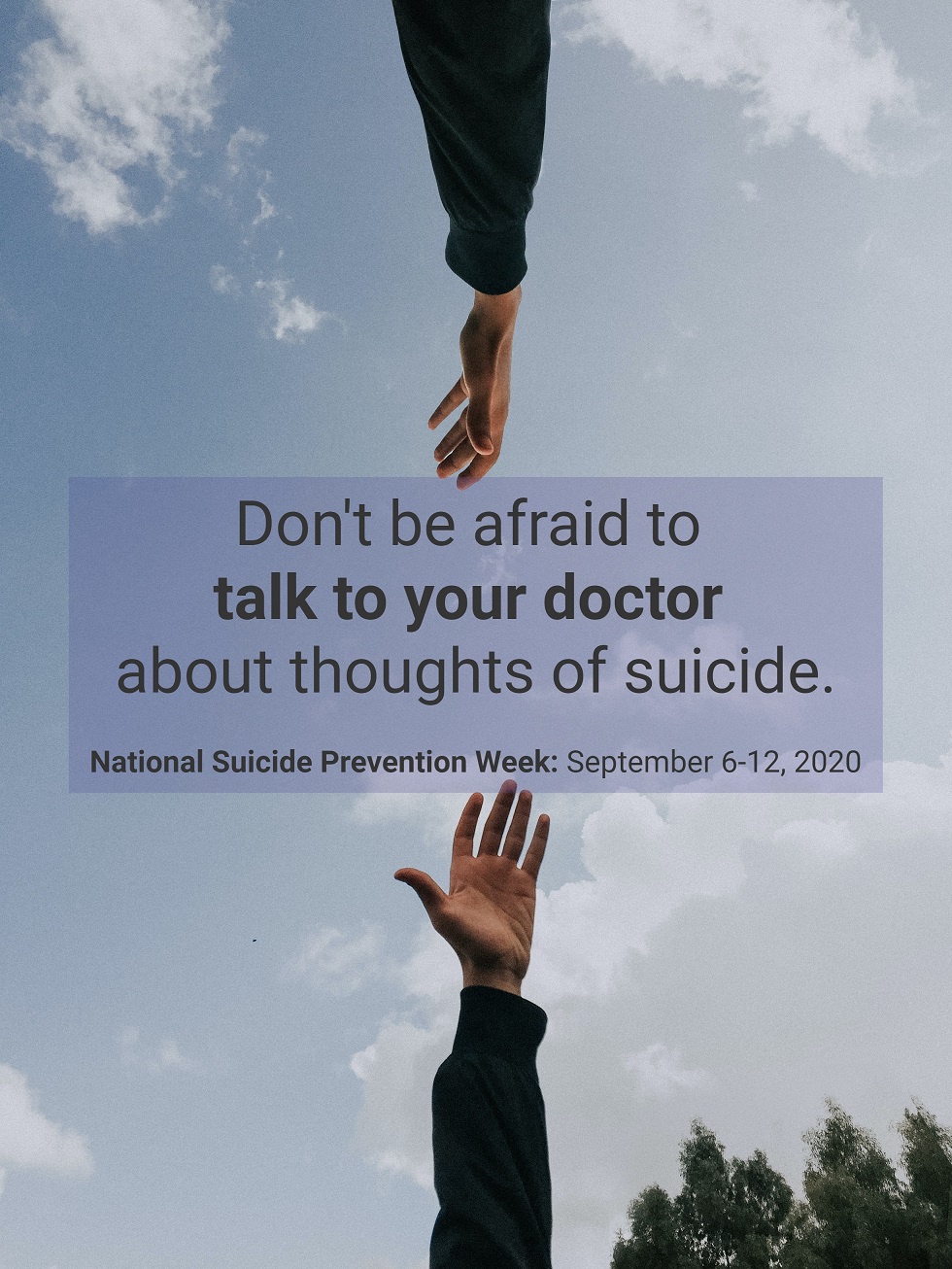Does TMS Work for SAD (Seasonal Affective Disorder)?
January 15, 2021
TMS is clinically proven and FDA-approved to treat treatment-resistant depression, OCD (obsessive-compulsive disorder), and pain associated with migraine headaches with aura. (1,2,3) Many clinical trials also show that TMS is effective in relieving symptoms of anxiety, ADHD (attention deficit hyperactivity disorder), PTSD (Post-traumatic stress disorder), and traumatic brain injury. (4,5,6)…









